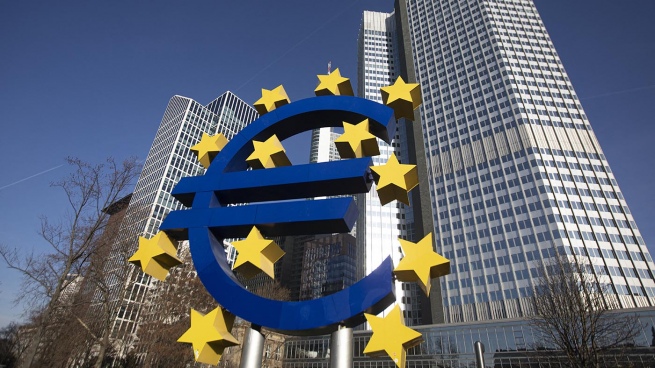The European Central Bank (ECB) will launch this Thursday the plan to deal with rising inflation and will raise interest rates for the first time in 11 years.
The plan to try to curb rising prices was announced in June and consists of an increase of 25 basis pointsthe first from 2011 to date.
The monetary entity has spent months preparing the end of a period of cheap money, which helped the economy to overcome the crises of recent years.
This tightening of monetary policy already began in July with the end of new debt purchases in the markets.
The objective is to reduce the money supply in circulation and curb inflation, which last month set a new record in the euro zone, with 8.6% year-on-year.
The institution based in Frankfurt, Germany, thus joins other central banks, such as the Federal Reserve (Fed) of the United States, which for months have been much more active in the fight against rising prices.
For eight years, the ECB has applied a negative deposit rate (-0.50%) to excess liquidity entrusted to it by banks, with the aim of encouraging them to grant more loans to support the activity and bring the inflation rate to 2%, in accordance with their mandate.
This price increase target was unattainable for years, but now inflation has skyrocketed due to the post-Covid-19 recovery, supply chain strains and the energy crisis linked to the Russian offensive in Ukraine.
















